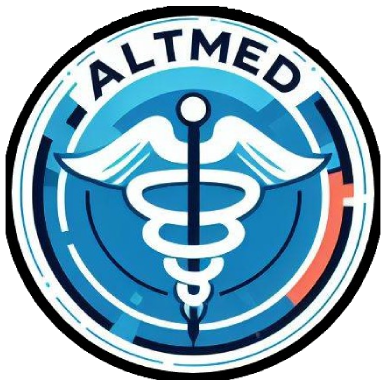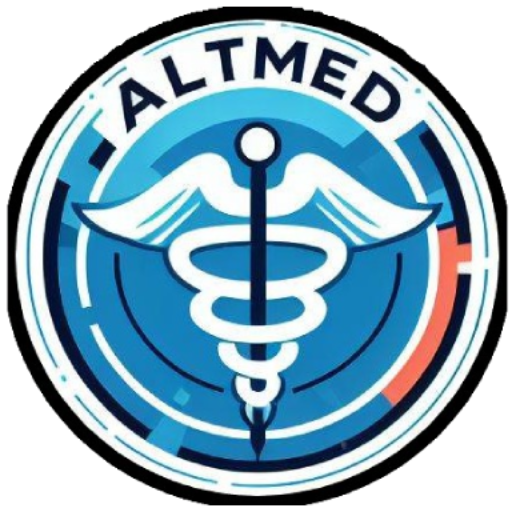Introduction:
Finding the right treatment for depression that doesn’t respond to medication can be challenging. Li et al. (2021) explored neuromodulation techniques, such as brain stimulation therapies, to evaluate their effectiveness in treating this condition. This study, published in Journal of Affective Disorders, offers insights into advanced treatments for treatment-resistant depression (TRD).
Key Points for Patients:
- What Are Neuromodulation Procedures?
- These are non-invasive or minimally invasive treatments, including techniques like transcranial magnetic stimulation (TMS) or electroconvulsive therapy (ECT). They aim to alter brain activity to improve mood and reduce depressive symptoms.
- What Did the Study Find?
- The researchers compared various neuromodulation procedures using data from clinical trials.
- Techniques like repetitive TMS (rTMS) and deep brain stimulation (DBS) were found effective and well-accepted by patients.
- Safety and patient comfort were also considered when evaluating these treatments.
- Why Does It Matter?
- For people whose depression hasn’t improved with medication or therapy, neuromodulation offers new possibilities.
- The study provides evidence-based guidance for exploring these advanced options.
The VitalPoint for Patients:
If you or someone you love has struggled with depression that doesn’t respond to typical treatments, neuromodulation procedures could offer hope. This research highlights effective and safe options to discuss with your doctor.
Learn More:
- Li H, Cui L, Li J, Liu Y, Chen Y. Comparative efficacy and acceptability of neuromodulation procedures in the treatment of treatment-resistant depression: a network meta-analysis of randomized controlled trials. J Affect Disord. 2021 May 15;287:115-124. doi: 10.1016/j.jad.2021.03.019. Epub 2021 Mar 11. PMID: 33780827.
- https://pubmed.ncbi.nlm.nih.gov/33780827/

